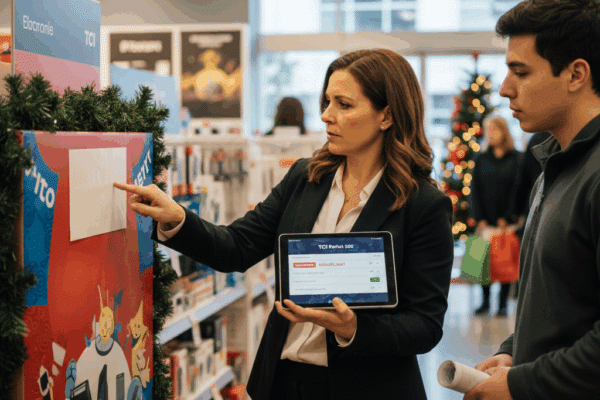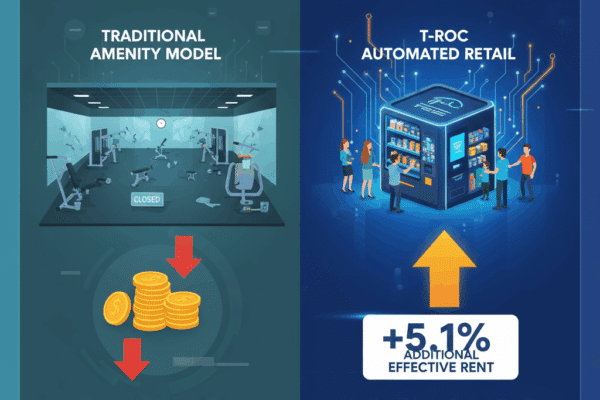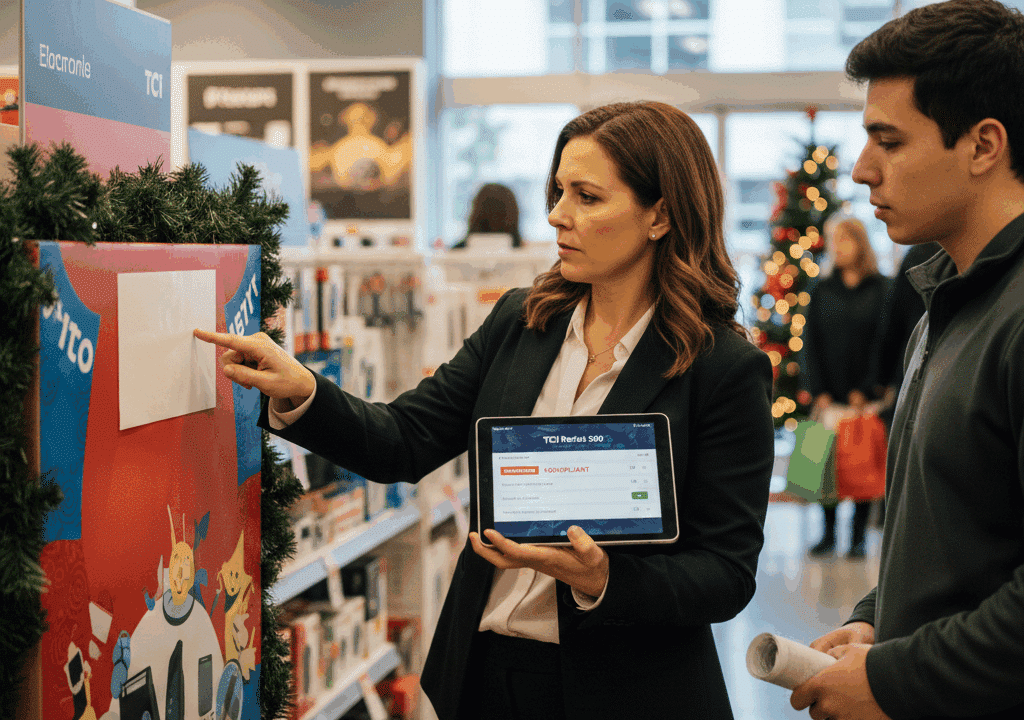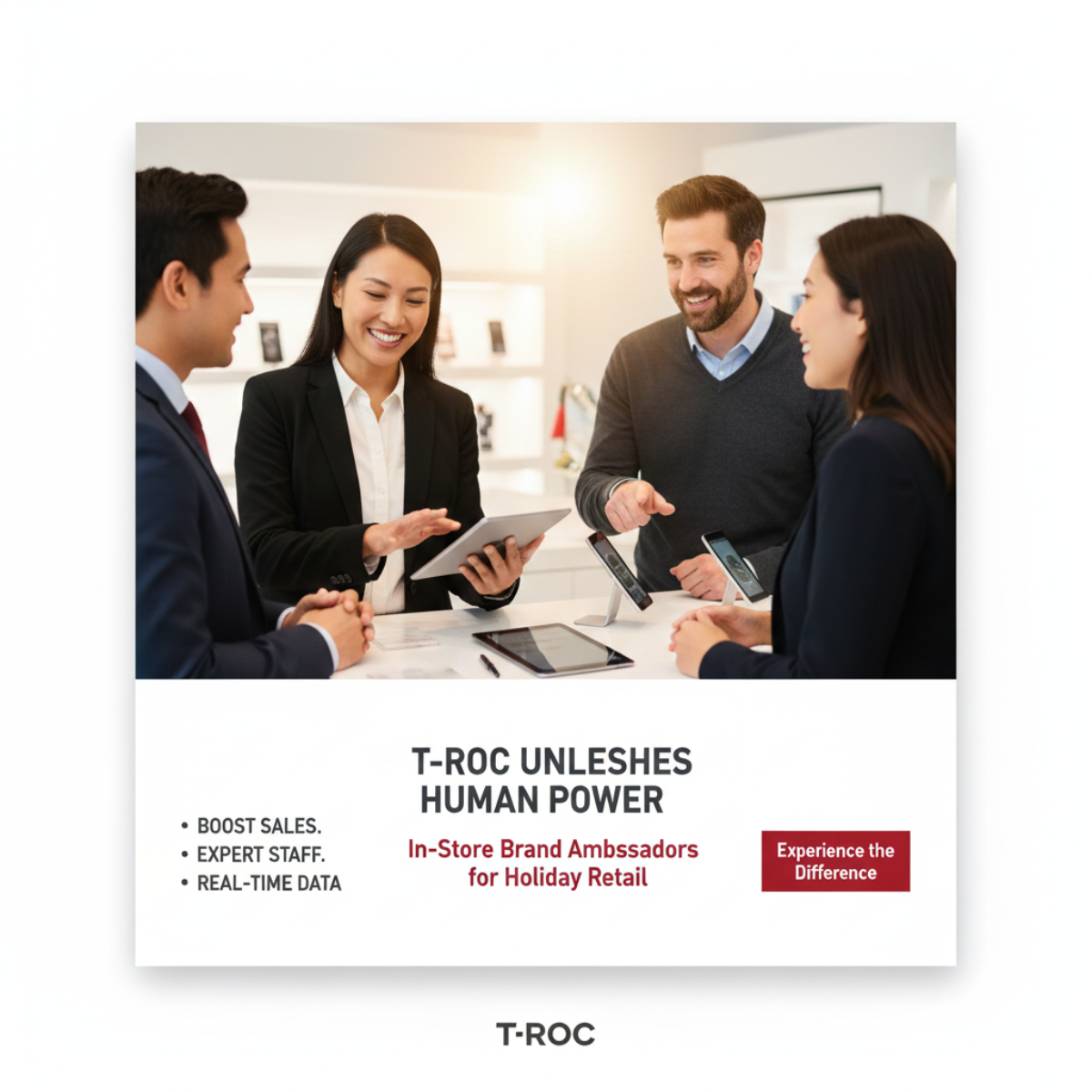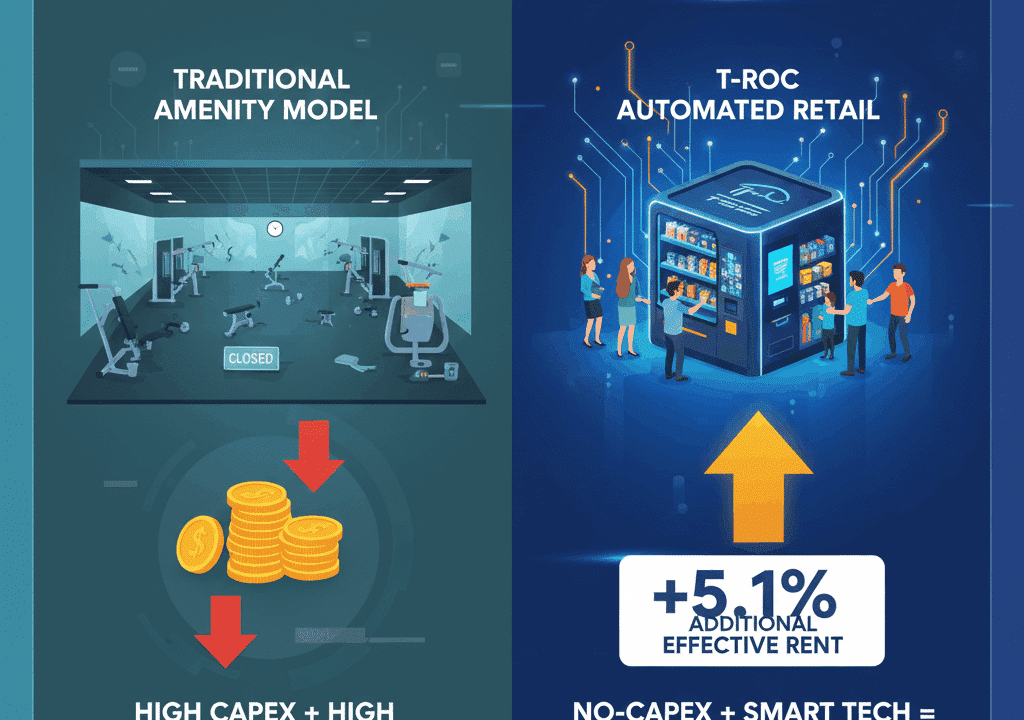
AI Shopping Assistants vs. Human Sales Teams: Who Drives More Sales?
Retailers have long relied on human sales teams to guide shoppers, provide personalized recommendations, and close sales. However, with the rise of AI shopping assistants, businesses are rethinking how they engage customers. AI-powered retail assistants are revolutionizing the shopping experience by delivering real-time, data-driven personalization that human teams struggle to match at scale.
The key question for retailers today isn’t whether AI shopping assistants can complement human sales teams—it’s how to integrate AI strategically to maximize sales, enhance efficiency, and improve customer satisfaction.
The Challenges of Relying Solely on Human Sales Teams
Traditional sales teams have been the foundation of in-store and online customer engagement for decades. However, human-driven sales strategies have significant limitations that AI-powered assistants can help solve.
One of the biggest challenges is availability. Human associates are limited by store hours, shift schedules, and staffing shortages. During peak shopping seasons or high-traffic hours, customers often face long wait times, leading to frustration and lost sales. AI shopping assistants provide instant, 24/7 support, ensuring customers get real-time assistance—whether in-store, online, or through mobile platforms.
Another major drawback is consistency. Even the best-trained sales teams have varying levels of product knowledge and communication skills. AI shopping assistants remove inconsistencies by offering standardized product recommendations, accurate information, and personalized promotions based on customer data.
Retailers integrating AI with their sales teams are seeing measurable improvements in customer engagement and conversion rates. According to Harvard Business Review, AI-powered retail interactions reduce cart abandonment by 35%, making it easier for businesses to close more sales.
How AI Shopping Assistants Are Outperforming Traditional Sales Methods
AI-driven assistants are transforming personalized shopping experiences by offering instant product recommendations, predictive analytics, and seamless omnichannel engagement. These intelligent systems analyze customer behavior, purchase history, and real-time preferences to deliver highly targeted shopping experiences.
Unlike human sales teams that may focus on upselling for commissions, AI objectively recommends products that align with shopper needs. This builds greater trust, resulting in higher customer satisfaction and repeat business. Juphy’s AI vs. Human Sales Study found that AI-assisted sales interactions increased conversions by 40%.
AI-powered assistants also provide retailers with real-time data analysis, allowing businesses to adjust their sales strategies, promotions, and inventory in response to shopper demand. This agility gives AI-driven retail solutions a clear advantage over human-only sales models.
The Ideal Balance: AI-Powered Assistants and Human Sales Teams
Despite AI’s capabilities, human sales teams still bring unique value to customer engagement. The most successful retailers use AI to enhance human sales efforts rather than replace them.
AI is ideal for handling routine inquiries, automating checkout processes, and providing data-driven product suggestions, while human associates excel in relationship-building, storytelling, and addressing complex customer concerns.
Retailers integrating AI-powered assistants with their sales teams experience higher sales and improved customer experiences. BotPenguin highlights how AI shopping assistants can reduce response times by 60% while increasing overall sales efficiency.
How T-ROC is Leading AI-Powered Retail Innovation
Retailers looking to stay ahead must leverage AI-driven solutions that combine the speed of technology with the personalization of human interactions. VIBA, T-ROC’s AI-powered virtual assistant, offers a seamless retail solution by:
-
Delivering real-time product recommendations based on customer behavior and shopping trends
-
Reducing wait times by automating FAQs and customer support interactions
-
Assisting human associates with data-driven insights to enhance in-store engagement
-
Providing 24/7 availability across multiple platforms for always-on customer support
By integrating AI shopping assistants like VIBA, retailers gain a competitive edge in driving customer engagement, operational efficiency, and revenue growth.
Why AI Shopping Assistants Are the Future of Retail Sales
The debate isn’t whether AI shopping assistants can outperform human sales teams—it’s about how retailers can best integrate AI to enhance customer experiences and drive higher sales. AI provides scalability, speed, and real-time personalization, while human associates offer emotional intelligence and relationship-building skills.
Businesses that fail to adopt AI-driven retail solutions risk falling behind. Those that embrace AI see improved sales conversions, higher customer retention, and greater operational efficiency.
VIBA is redefining retail intelligence, helping brands stay ahead by delivering real-time analytics, unbiased assessments, and scalable customer engagement.
Want to explore how AI shopping assistants can transform your retail strategy? Schedule a consultation with T-ROC and discover how AI-powered personalization can maximize sales, improve customer satisfaction, and drive lasting success.


